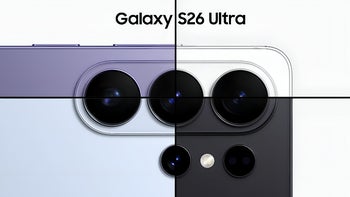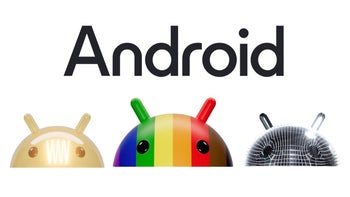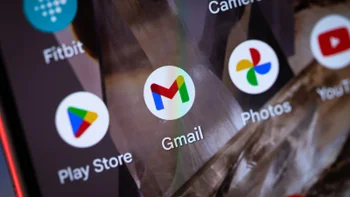Google CEO Larry Page speaks up on Apple, Motorola Nexus, self-driving cars and more

Google’s chief executive Larry Page might not be getting as much of the press attention as Apple and its post-Jobs leader Tim Cook, but with Android now effectively dominating global smartphone sales, it is hard to underestimate the impact Google has.
If we had to compare Google and Apple, it seems the two stand for radically different business models, extremely different approaches.
What’s interesting about Google however is not just its current products, but also the unique way by which it is organized. The search giant started with the 70/20/10 model, where 70% of its effort was dedicated to ads, 20% to apps and 10% to brand new projects, and has retained this profile up until this day.
With this look at the future embedded at the core of its principles, Larry Page explains how Google relates to Apple, gives some more details on his relationship with Jobs, and speaks about things like a possible Motorola Nexus to how he runs Google. All of those are extremely insightful and interesting thoughts, we strongly suggest you checl out the full interview Page gave for Fortune at the source link, but we have also selected some excerpts right below.
On Apple:
On a Motorola Nexus:
On running a company:
On the future:
source: Fortune
What’s interesting about Google however is not just its current products, but also the unique way by which it is organized. The search giant started with the 70/20/10 model, where 70% of its effort was dedicated to ads, 20% to apps and 10% to brand new projects, and has retained this profile up until this day.
On Apple:
“Question: So in light of that, Apple's still a partner. It's a competitor. You and Steve Jobs were friendly.
Larry Page: At times.
Q: At times. You said that whole thing about Android and them being angry about it, that it was for show.
LP: I didn't say that entirely. I said partly.
Q: [Apple did it] partly for show, to get the troops to rally.
LP: By the way, that's something I try not to do. I don't like to rally my company in that way because I think that if you're looking at somebody else, you're looking at what they do now, and that's not how again you stay two or three steps ahead.”
Larry Page: At times.
Q: At times. You said that whole thing about Android and them being angry about it, that it was for show.
LP: I didn't say that entirely. I said partly.
Q: [Apple did it] partly for show, to get the troops to rally.
LP: By the way, that's something I try not to do. I don't like to rally my company in that way because I think that if you're looking at somebody else, you're looking at what they do now, and that's not how again you stay two or three steps ahead.”
“First of all, I don't think there's any physical way we could have released a Nexus Motorola device in that sense [this year]. I mean, we haven't owned the company long enough.
Exactly what we do, which devices we do, what the timing is, how we release the software with them, all those things have been changing.”
Exactly what we do, which devices we do, what the timing is, how we release the software with them, all those things have been changing.”
On running a company:
"If you're looking at somebody else, you're looking at what they do now, and that's not how again you stay two or three steps ahead."
On the future:
We're still 1 percent to where we should be. I feel a deep sense of responsibility to try to move things along. Not enough people are focused on big change. Part of what I'm trying to do is take Google as a case study and really scale our ambition such that we are able to cause more positive change in the world and more technological change. I have a deep feeling that we are not even close to where we should be.
source: Fortune
Follow us on Google News












Things that are NOT allowed:
To help keep our community safe and free from spam, we apply temporary limits to newly created accounts: